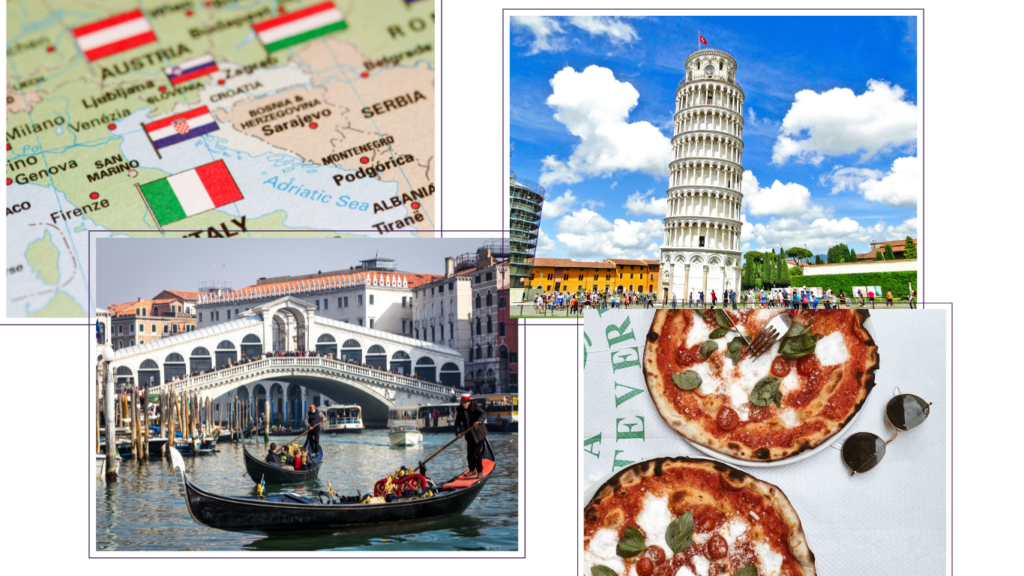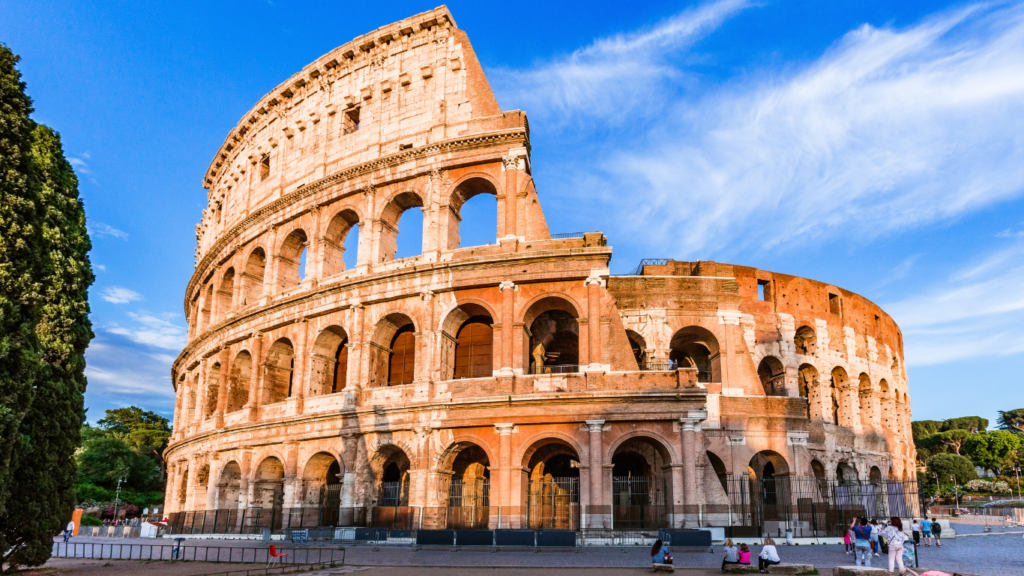Surrogacy Insights
Present Day Politics in Italy
Italian Prime Minister Giorgia Meloni advocated for Parliament to enact a stricter surrogacy ban. The alignment of these proposals with the European Court of Human Rights ruling remains uncertain. Article 8 of the European Convention on Human Rights protects the right to privacy, including the right to create a family. The Court has also ruled that the state must act to enable the development of family ties with children.
In 2016, Italy legalized civil unions between same-sex couples but denied them the ability to adopt each other’s children.
In January 2023, the Minister of the Interior ordered mayors to stop automatically registering births of children conceived abroad via assisted reproductive technologies. The circular also states that the birth certificate of a child of a gay couple who used a surrogate abroad should not be automatically recognized in Italy.
European Court of Human Rights
The European Court of Human Rights (ECtHR) has shaped reproductive rights discourse by adjudicating landmark cases like Dickson v The United Kingdom (44362/04) and Evans v United Kingdom. These cases offer insight into Article 8 of the European Convention on Human Rights (ECHR), which protects the right to respect for private and family life.
Case of Evans v. The United Kingdom
In the Evans case, the European Court of Human Rights affirmed that Article 8 includes the right to decide whether to become a parent or not, stressing individual autonomy in reproductive choices. Hence, Italian legislation should acknowledge that all citizens, including gay individuals, have the right to choose parenthood. Moreover, the government must recognize a parent’s familial bond with their children, regardless of their birth method via surrogacy. This acknowledgment is crucial in upholding the rights affirmed by the European Court of Human Rights.
Case of Dickson v. The United Kingdom
The Dickson case addresses restrictions on procreation, This case involved the issue of a request for artificial insemination for incarcerated individuals. It highlights barriers to reproductive rights and stresses the importance of preventing excessive government regulation. Laws discriminating against groups such as gay individuals in parenthood access could be legally challenged. The Italian government must enact laws supporting reproductive rights for all citizens regardless of sexual orientation or face an appeal to the European Court of Human Rights.
The ECtHR’s approach recognizes the intricate ethical and legal considerations surrounding assisted reproductive technologies (ART), such as in vitro fertilization (IVF). While each country has the prerogative to regulate ART, any measures infringing on individuals’ rights to family life and reproductive autonomy may raise concerns under Article 8.
Balance
The ECtHR plays a vital role in safeguarding fundamental human rights amidst changing societal norms and technological advancements, particularly in the realm of reproductive rights. The balance between state interests and individual liberties is highlighted in this context. With ongoing developments in Italy, observing the speed at which contentious legislation is brought before the ECtHR for resolution will be intriguing.

Future Legal Developments
Surrogacy, whether compensated or altruistic, is currently illegal in Italy. However, under Meloni’s leadership, the Brothers of Italy party has introduced legislation aiming to toughen penalties. The proposed bill suggests a fine of €1 million and a two-year prison sentence for those involved in surrogacy.
This push to criminalize surrogacy is widely perceived as targeting the LGBTQ+ community. Despite legalizing same-sex unions in 2016, Italy prohibits gay couples from adopting each other’s children, making it the last European country to do so.



